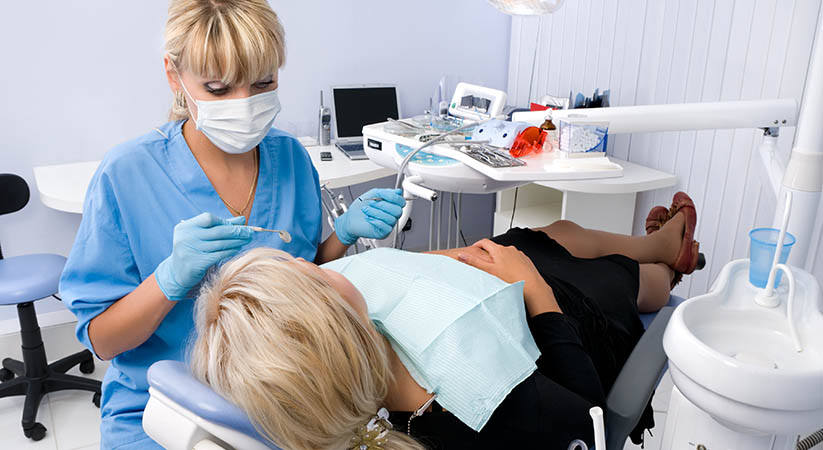One of the most misunderstood treatments in the dental world is the root canal. In fact, it’s not even really called a “root canal”. Truthfully, “root canal” is really just the name for the anatomical space in your teeth, made up of the dental pulp (the fleshy, tissue filled center of your tooth) and the root system that reaches down, down, down into your gums to keep your teeth safe and secure.
In your adolescence, when your teeth still have plenty of growing to do, the “root canal” is actually used to help deliver nutrients to your growing adult teeth. Unfortunately, in addition to delivering nutrients to your teeth, if the root system is compromised by infection it can also deliver the slow, deterioration that infection is known for. Unfortunately, if left untreated – this doesn’t stop at your teeth.
For this reason, endodontic treatment (otherwise known as “root canal treatment) exists. If you’re expecting root canal treatment, chances are you already understand (to a rough degree) what’s about to happen inside your mouth. You’ve probably also been told that root canal treatment, despite its reputation, isn’t actually painful. Take this to heart, because it’s true! A “root canal” shouldn’t be much more uncomfortable than a simple cavity filling. But you might be wondering how you need to take care of your tooth after root canal treatment. To learn how, read on:
Post Treatment Care
- Refrain from biting or chewing with the tooth that’s been treated until you have the final go-ahead from your dentist.
- Do not eat until the numbness in your mouth (from your local anesthetic) has worn off. This is simply to prevent you from biting your tongue (which never feels good!).
- Sometimes, your dentist will use a temporary filling to seal the affected tooth. It’s normal for some of this to wear off. But, if you think the filling has completely fallen out – contact your dentist.
- Continue to brush and floss your teeth as you normally would (or should, if you haven’t been)
- Contact your care provider immediately if you experience any of the following symptoms:
- Swelling inside your mouth
- An allergic reaction (this doesn’t include nausea)
- The return of your original symptoms (pain, swelling, bad breath, signs of an abscess, etc)
- An uneven bite
Do you have questions about root canal treatment? The dentists at My Downey Family Dentist are some of the most experienced root canal dentists in Southern California. Learn more about root canals, cosmetic dentistry, and other topics at their blog.
- Tags: Root Canal, Tooth



